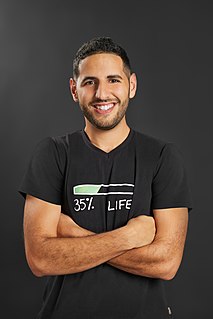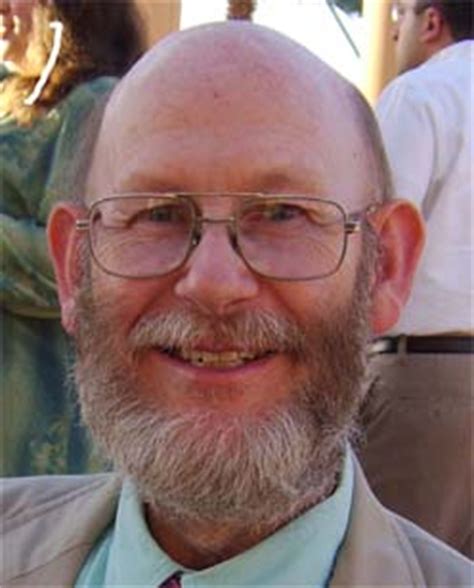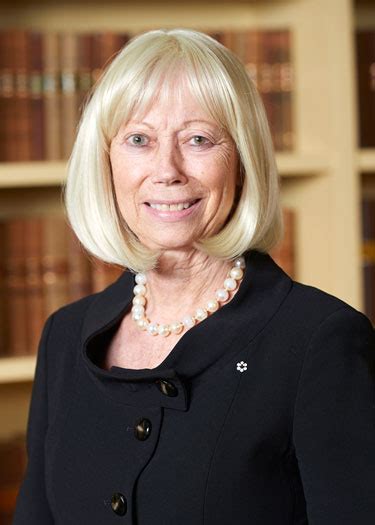A Quote by Nuseir Yassin
We humans gravitate to people who share our culture because it's easier... the problem is that self-segregation is not just bad, it is dangerous.
Related Quotes
Confidence is not just in people's heads; it comes from the culture of the organization. It's easier to expect success when working in an organization that has a culture of accountability, collaboration, and initiative. Without this, it's easier - and more self-protective - to assume failure so the person is not disappointed and instead pleasantly surprised.
Humans are particularly interesting; our culture is incredible, there's no doubt about that. In many respects, no other species matches ours. But in quite a few respects, they do, and that can help us, perhaps, to better understand our own culture. We look at the ways humans are similar to other animals, and at the ways they differ, rather than just saying, "We have culture and you don't."
When humans act like animals, they become the most dangerous of animals to themselves and other humans, and this is because of another critical difference between humans and animals: Whereas animals are usually restrained by the limits of physical appetites, humans have mental appetites that can be far more gross and capacious than physical ones. Only humans squander and hoard, murder and pillage because of notions.
Civil disobedience is not our problem. Our problem is civil obedience. Our problem is that people all over the world have obeyed the dictates of leaders…and millions have been killed because of this obedience…Our problem is that people are obedient allover the world in the face of poverty and starvation and stupidity, and war, and cruelty. Our problem is that people are obedient while the jails are full of petty thieves… (and) the grand thieves are running the country. That’s our problem.
It's so Canada. On some level, you laugh, but on another level, it's just depressing. We pride ourselves: We're not like the bad old U.S. where they had segregation, whites-only washrooms and hotels. We think we were the capital of the Underground Railroad, we were the place to where the slaves escaped, we were a much better country. But in fact, some of the black people in Canada at the time said, 'It's actually much easier in the United States because you know which hotels, restaurants, theatres won't let you in because the signs are there. In Canada, you never know.'
It is not OK in this culture to talk to friends about causes you believe in, much less to ask them to join in. It's OK to blast perfect strangers with crass messages every hour of the day, but it's a tinge embarrassing, it brings up some shyness, it seems an intrusion, it risks rejection to share real heartfelt commitments. It's easier to share our cynicism with strangers than our dreams with friends.



































